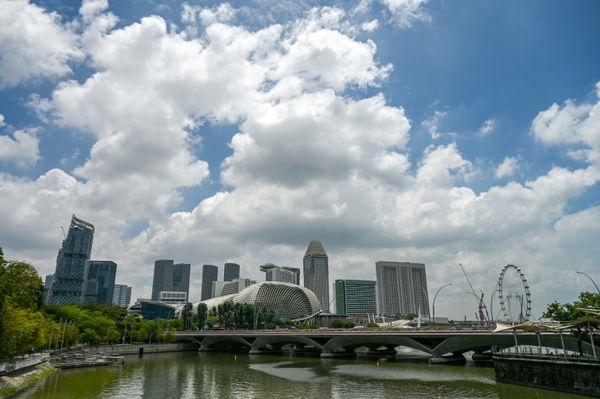The Madras High Court has set aside an order passed by an Additional Commissioner of Central Goods and Services Tax (CGST) on December 22, 2023 demanding ₹96.10 crore from Chennai Metropolitan Water Supply and Sewerage Board (CMWSSB), because sale of purified water through tanker lorries would attract 18% GST.
Justice Senthilkumar Ramamoorthy disposed of a writ petition filed by CMWSSB challenging the imposition of tax, interest as well as penalty. He remanded the matter to the Additional Commissioner for reconsideration on condition that the Board must remit ₹3 crore within six weeks before reagitating the issue on merits.
The judge directed the Additional Commissioner to provide a reasonable opportunity, including a personal hearing, to the CMWSSB before passing fresh orders, within three months from the date of receipt of ₹3 crore. He permitted the Board to present all relevant documents to substantiate its claim of being eligible for exemption from GST.
Listing out the reasons for setting aside the demand, the judge said, the adjudicating authority had arrived at a conclusion that CMWSSB was supplying purified water, which was not eligible for tax exemption, without taking into consideration the differences between potable water and purified water.
The judge recorded the submission of CMWSSB counsel R. Vijayaraghavan that potable water was required to conform to norms laid down in BIS:10500-2012 whereas purified water was required to fulfil the norms under BIS:14543:2016. However, the adjudicating authority under the CGST Act of 2017 had failed to take this into account, the judge said.
Justice Ramamoorthy said, there was also a failure to differentiate between the value of water supplied by CMWSSB to households and other premises through pipelines, the value of water supplied through tanker lorries on account of insufficiency in some localities and the value of water sold at commercial rates to industrial units and so on.
“Without such classification, the adjudicating authority could not have arrived at the conclusion that the principal supply is through mobile units at commercial rates... Since such conclusion was arrived at without differentiating between the services provided by the petitioner, the matter requires reconsideration,” he said.
CMWSSB’s arguments
Earlier, the CMWSSB counsel had argued that a 2017 notification issued by the Department of Revenue under the Union Finance Ministry exempted the services provided by a government organisation from the purview of GST and pointed out that the board was constituted by way of CMWSSB Act enacted by the State legislature in 1978.
He also argued that water as such had been expressly exempted from GST under the same 2017 notification and said, even with regard to purified water, a clarification had been issued by the Centre in 2018 making it clear that supply of drinking water for public purposes would be exempt from GST.
The counsel, further, stated the CMWSSB was willing to deposit ₹3 crore, without prejudice, as a condition for remanding the matter for fresh reconsideration.
‘No infirmity in the demand’
On the other hand, Ramesh Kutty, senior standing counsel for CGST, contended that GST was leviable on distribution services, including distribution of water. He said, CMWSSB not only supplies water through pipelines but also sells purified water in tanker lorries at dynamic rates to commercial establishments and large industrial units.
Therefore, he argued there was no infirmity in the demand made for tax, interest as well as penalty, after identifying the principal supply to be sale of purified water in mobile units out of the composite supply made by the CMWSSB. He claimed that such factual determination could not be interfered with in the course of writ proceedings.







